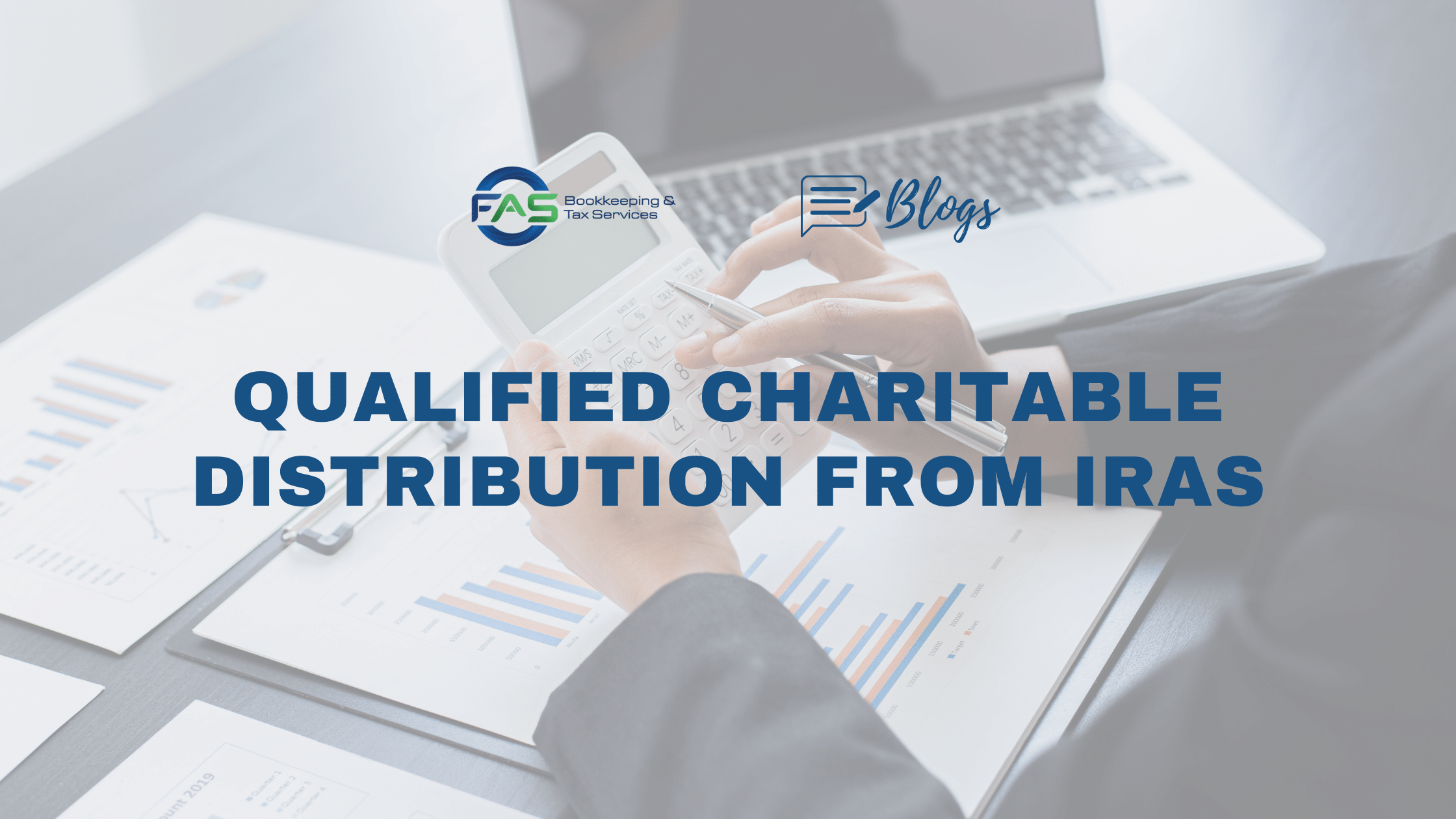Qualified Charitable Distribution from IRAs
Consider taking advantage of legislation that allows you to reduce or eliminate the amount of income tax on IRA withdrawals transferred directly to a qualified charitable organization if you are 70 1/2 or older. Even though minimum distributions are no longer required until the age of 72, you can use this strategy. Qualified Charitable Distributions (QCDs) can also be used to meet all or a portion of your required minimum distribution.
Here’s an example:
Assume your required minimum distribution in 2022 is $22,000 per year. If you make a qualified charitable distribution of $15,000 in 2022, you must withdraw an additional $7,000 to meet the amount required for your required minimum distribution in 2022.
Whether you are still working or not, required minimum distributions (RMDs) must be taken each year after you reach age 72 (70 ½ if you reach 70 ½ before Jan. 1, 2020). The RMD is calculated each year by dividing the IRA account balance as of December 31 of the previous year by the applicable distribution period or life expectancy. Your Roth IRAs are exempt from this rule.
What is a Qualified Charitable Distribution (QCD)?
A qualified charitable distribution (QCD) is an otherwise taxable distribution from an IRA (other than an ongoing SEP or SIMPLE IRA) owned by an individual over the age of 70 1/2 and paid directly from the IRA to a qualified charity.
What are the Rules?
Unlike most tax-related rules, the rules for QCDs are relatively simple:
- The QCD must be made from a traditional IRA, Roth IRA, or individual retirement annuity, rather than a simplified employee pension, a simple retirement account, or an inherited IRA.
- The QCD must be a direct transfer from the IRA trustee to the charitable organization; the organization must qualify for an individual charitable income tax deduction; no private foundations (i.e., that give out grants); and the organization must acknowledge the charitable contribution in the same way that a charitable income tax deduction or donor-advised fund does.
Tax Advantages of QCDs
Taxable IRA distributions, even if donated to charity, must generally be included in adjusted gross income (AGI). You may be able to deduct charitable contributions, but you may be subject to a 50 percent AGI limitation, which means you won’t be able to deduct the full amount in that tax year and may be taxed on the difference.
QCDs avoid this potential issue because they are tax-free, and you can deduct the entire amount as a charitable contribution.
This also means that there is no increase in your AGI that could, for example, raise your income tax on Social Security or cause your Medicare insurance premiums to rise. It may also reduce deduction amounts for, say, medical expenses, which are currently limited to amounts greater than 7.5 percent of AGI.
Furthermore, because there is no increase in income, you may be able to take the standard deduction (often a higher dollar amount and more beneficial than itemizing) and claim the charitable contribution deduction.
Reporting a QCD on your Income Tax Return
Form 1099-R reports charitable distributions for the calendar year in which they are made. Form 1099-R should be delivered to you by January 31, 2023. You generally report the full amount of a qualified charitable distribution on the line for IRA distributions on your Form 1040 tax return to report a qualified charitable distribution. If the entire amount was a qualified charitable distribution, enter zero on the line for the taxable amount and “QCD” next to this line.
If you made the qualified charitable distribution from a traditional IRA in which you had basis and received a distribution from the IRA other than the qualified charitable distribution during the same year, you must also file Form 8606, Nondeductible IRAs; or the qualified charitable distribution was made from a Roth IRA.
If you need more information about qualified charitable distributions or have questions about IRAs and minimum required distributions for IRAs and how they affect your taxes, please contact us.

